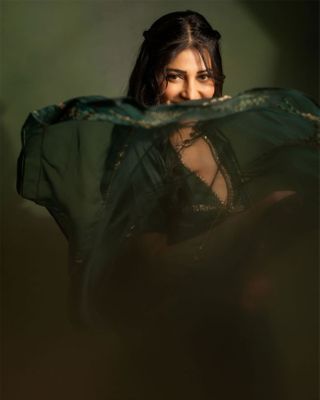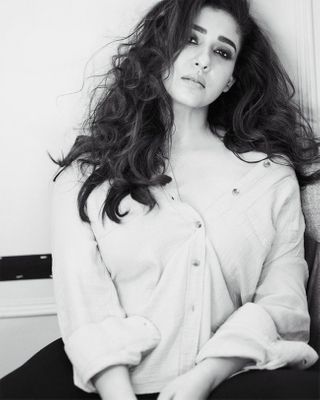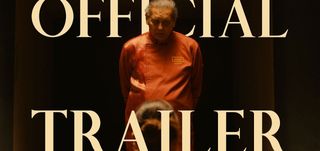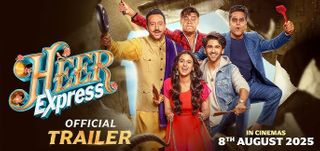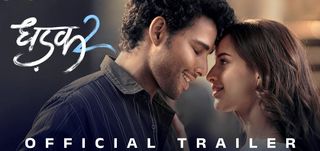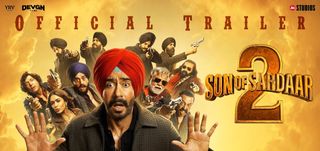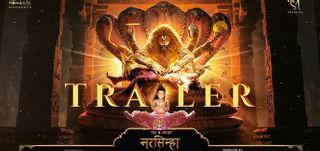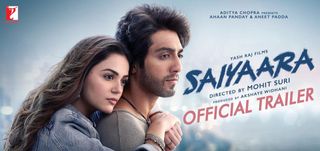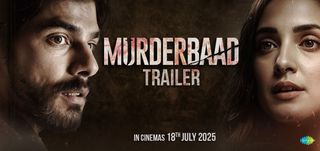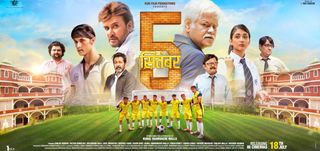
Tanu Weds Manu Returns Movie Review
This week's Tanu Weds Manu Returns is a rare film, in that it faced so many obstacles that could potentially hold it back from being even a remotely watchable film: a double role (hello, Humshakals!), curse of the sequel (hello, Almost Every Single Sequel Ever Made!), a mediocre first film (hello, pre-Raanjhana Aanand L. Rai!), and justifying the presence of all major returning characters while adding new ones (Hello, Double Dhamaal!).
Adding to all this is the fact that unlike, say, a Dhoom, Tanu Weds Manu wasn't the kind of film that warranted a sequel, never mind how many people might've liked it or however much money it might've made. It had a self-contained story arc that had come to its natural, cliched conclusion with Tanu wedding Manu. There was nothing left to do and nothing left to say in a sequel, especially a sequel with a title that still contained the word "Weds" in it.
Tanu Weds Manu Returns is also a special film, in that it beats those astronomical odds to give us a heartfelt, unconventional yet traditional rom-com sequel that is able to find the rare perfect balance between romance and comedy.
What once was love is now a headache; what once was exciting is now mundane; what once were quirks are now irritating habits. That's Tanu and Manu's life 4 years after an epic marriage in the bylanes of Kanpur, that involved 2 baaraats and guns and emotional speeches. Now cringing at the sight of each other's faces and not even having had sex in at least 2 years, they resort to couples therapy, which ends in Manu being locked up in a mental asylum.
Both run off to their respective home towns, where Tanu rediscovers her liking for her previous groom-to-be Raja Awasthi, and Manu discovers Kusum, a Haryanvi look-alike of his wife who he falls in love with.
The most amazing aspect about writer Himanshu Sharma's screenplay is that it takes a road-trip style journey to reach its predictable final destination: a happy ending. Contrary to what you might expect, director Aanand L. Rai and Sharma hardly give any shared screen time to the unhappily married couple, keeping them apart for most of the film's duration. Instead of focusing on petty squabbles between the two, Rai and Sharma use distance and a sense of "if only" and "could have been" to make Tanu and Manu realize what they already knew in their hearts: their love for each other. They smartly evade the honeytrap of telling an inconsequential story between the same two characters by not telling an inconsequential story between the same two characters.
That is not to say that the film doesn't follow conventions; it has a boatload of them. You get the typical "mountain out of a molehill" situation; the sudden falling in love; the token jealous loverboy who instigates and prods and probes a fight into an all-out war; the quasi-creepy stalking-in-love scenario; and the compulsory wedding song in a film about weddings (you actually get two here, a happy-drunk and a sad-drunk one).
But Rai has the uncanny ability of making small moments look like a really big deal, an ability he discovered during the wonderful Raanjhana. He can make ordinary incidents appear like life-changing decisions, and even bathroom singing look like a highly dramatic opera performance. So, when Manu asks Kusum to marry him but mistakenly calls her Tanu, it might be a small moment, but has a very dramatic impact (also thanks to Krsna's Barjatya-style background score). Or when Tanu confronts Kusum for the first time at a wedding, the scene achieves the mean feat of being equal parts dramatic and funny.
What helps further is that Rai doesn't resort to gimmicky, special effects-requiring shots of the two doppelgangers just to show you that he can. Instead, the two characters' story arcs, even when they're together, remain separate.
The film also boasts of an incredibly large number of memorable dialogues and one-liners (dialogues once again by Himanshu Sharma) that propel the film forward and leave you in splits. When you hear someone say "adhrak ho gaya hai yeh aadmi, kahin se bhi badh raha hai", you have no option but to laugh without pondering on the preposterousness of the whole situation. Even in the second half, which gets a bit bogged down by constant flow of tears and a couple of forgetful songs, the one liners and laughs continue to flow, if a little more sporadically ("humko ek baar ghodi pe baithne ko nahi mila, aur yeh ghodi par hi ghoomte jaa rahe hain").
If anything, the film disappoints in its final surrender to formula. For the longest period, the film rallies against both filmy norms, and against social norms like honor killings and prejudice against artificial insemination as a means of child conception. But in the end, Rai gives it all up to conform to the unfortunate age-old notion of beauty over matter and compatibility when it comes to marriages, choosing to go for a crowd-pleasing closing.
Rai and his cinematographer Chirantan Das' collaboration is efficient if unspectacular, capturing the narrow lanes and streets of small towns effectively. The same goes for the editing by Hemal Kothari, which doesn't prominently stand out (a compliment for any editor).
Kangana Ranaut, playing two radically opposite characters, only adds to the film's conviction. As a cultured and arrogant Tanu and a down-to-earth Haryanvi athlete, she pulls off both parts with equal flamboyance and endearment. As Tanu, she plays a character that she's inhabited before, but with more exaggerated mean and gray tones. Despite that, she manages to make you care about her, which only helps in you forgiving the hurried transformation in her during the third act. As Kusum, Kangana is a riot. Her adorable act, the extra-large buckteeth and the spot-on Haryanvi accent make her an unusually layered character, as opposed to one dimensional ones that exist in most other double role films. Overall, Kangana is in top-class, 'Queen' mode here and once again steals your heart.
Madhavan plays a good Manu and a great Madhavan. He comfortably eases back into his Manu shoes, and provides the film some degree of restraint among over-the-top, screwball characters. Deepak Dobriyal is once again the scene-stealer, delivering an applause-worthy one-liner every time he breathes. As Manu's friend Pappi, he nicely balances out Madhavan's restraint with his high-pitch, high-energy performance. Jimmy Sheirgill too is impressive, although his role is more threatening and less funny. Nevertheless, the film and Sheirgill manage to find humor in Awasthi's plight, with his brides getting highjacked by Manu every single time. Mohammed Zeeshan Ayyub is as funny as always in a fringe role. His character might be a bit of a stereotype, but Ayyub's performance definitely isn't.
Warranted or not, wanted or not, you've been given a sequel to Tanu Weds Manu. Fortunately for you, the film is not only a couple of notches above the first one, but also a rollicking, thoroughly enjoyable ride by itself. Equal parts craziness and romance and comedy, this is one marriage ceremony you won't be sleeping through.






